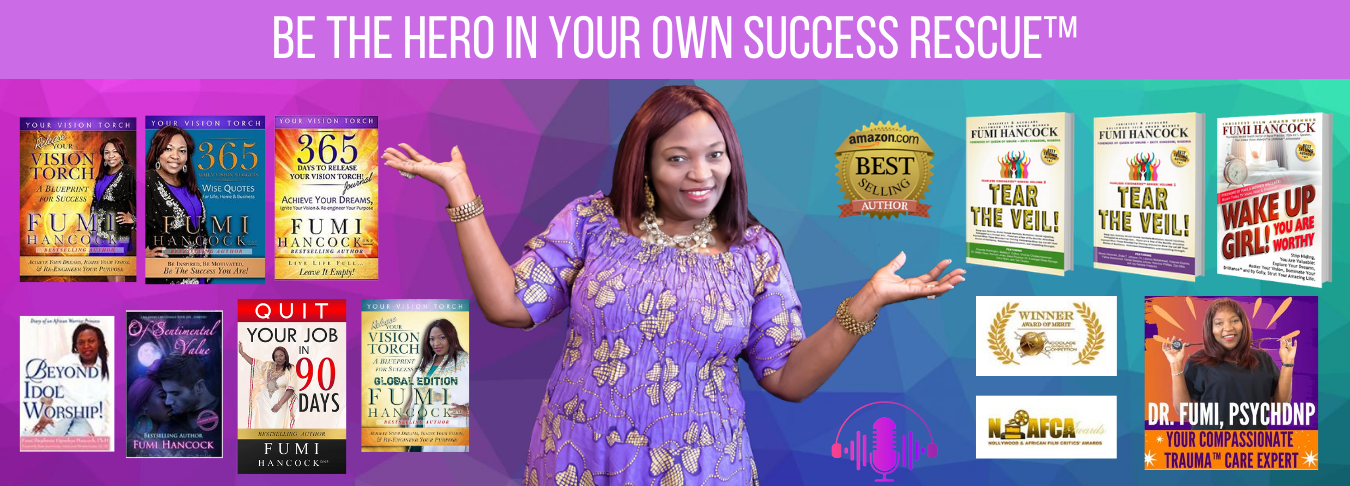 This week, we are going to discuss something so essential that you can’t do business without it. This essential by-product of a business relationship is trust. A great relationship with a client can be a hard thing to build, but the foundation must be one of mutual trust. There is no reason to have a poor rapport between yourself and your clients, so we are going to discuss building bridges and making relationships work. Let’s get started!
This week, we are going to discuss something so essential that you can’t do business without it. This essential by-product of a business relationship is trust. A great relationship with a client can be a hard thing to build, but the foundation must be one of mutual trust. There is no reason to have a poor rapport between yourself and your clients, so we are going to discuss building bridges and making relationships work. Let’s get started!
Be Professional—But Approachable
How you present yourself in your initial communications with new and potential clients is crucial to building trust. That doesn’t mean you need to be formal. An effective email is more about being relevant, brief and to the point while remaining friendly. Speak to your client in the same way you would a colleague. Depending on their style, you can keep it casual, but be sure to present yourself as the professional and business owner you are. Take the initiative.
Time Is Money
Both you and your client are busy, so be respectful of everyone’s time. That means keeping calls or meetings to the amount of time scheduled, not canceling or rescheduling last minute, not forgetting to show up or showing up late, etc. Admittedly, the more clients you have, the more difficult it gets, but also try to be flexible to their schedule when planning communications.
Communicate—And Communicate WELL!
Depending on the type of process you and your client have set up, make sure to deliver. This could be weekly check-ins or recaps via Skype, follow-up emails, monthly reports, etc. Be sure you’re communicating what it is you’ve accomplished and how it has impacted your client’s business. Clients love to see how freelancers are spending their time because every hour spent is budget spent. Make sure to keep your client in the loop.
Keep Up To Date!
If for some reason you need to let a client go or realize you’ve taken on too much work, do what you can to transition out smoothly. Finish the project whenever possible. If that’s not possible, try finding a replacement you can recommend. No one likes to be left holding the bag.
YOUR VISION TORCH Series
Achieve Your Dreams, Ignite Your Vision, & Re-engineer Your Life Purpose
More blog articles at www.yourinneryou.com
Dear Princess Column at: www.sentimentalnursewriter.com
Download your free sample here







